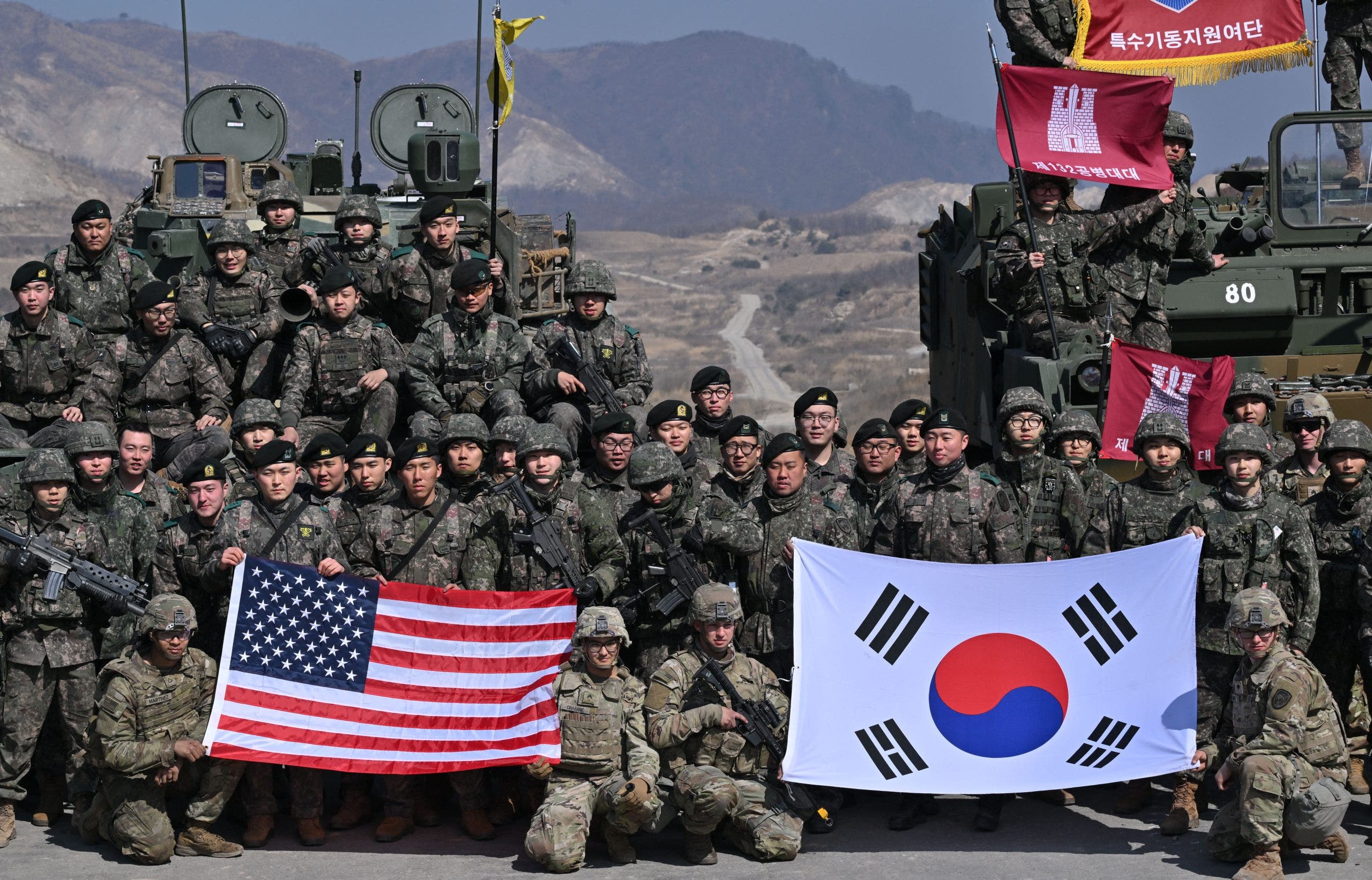Israel’s defense minister, Yoav Gallant, is set to arrive in Washington on Monday for several meetings with senior U.S. officials, as ties between Israel and the Biden administration have frayed over the high civilian death toll in Gaza.
President Biden has voiced “deep concerns” over a planned Israeli ground invasion of Rafah, a city in the southern Gaza Strip where over one million Palestinians have taken shelter, and other top officials have urged Israel to seek an alternative.
Israeli leaders have said that even if a deal on a temporary cease-fire is reached, they intend to eventually proceed with a military offensive in Rafah to root out Hamas’s remaining forces there.
Prime Minister Benjamin Netanyahu of Israel has said that civilians will be evacuated from combat zones in the event of an Israeli operation there. But Palestinians who have followed previous Israeli orders to flee have often found themselves in places that were engulfed in fighting or subject to airstrikes.
Mr. Gallant said his visit would focus on preserving Israel’s military edge, especially in the air. The United States provides Israel with billions annually in military assistance and direct arms transfers.
On Monday, Mr. Gallant is scheduled to meet Jake Sullivan, the national security adviser, to discuss the need for more humanitarian aid to reach Gaza as well as “plans to ensure the safety of the more than one million people sheltering in Rafah while ensuring Hamas can no longer pose a threat to Israel,” a National Security Council spokesman said.
A delegation of senior Israeli officials is expected to meet in the coming days with U.S. officials to further discuss Israel’s plan for operating in Rafah. That meeting is distinct from Mr. Sullivan’s meeting with Mr. Gallant, the National Security Council spokesman said.
Mr. Gallant’s office said he was also expected to meet with Secretary of State Antony J. Blinken and Defense Secretary Lloyd J. Austin III. In addition, he will meet the C.I.A. director, William J. Burns, who was in Doha, Qatar, last week to participate in the continuing cease-fire talks between Israel and Hamas.
In recent weeks, international mediators have redoubled efforts to reach a cease-fire deal between Israel and Hamas. Qatar, a key mediator, has voiced cautious optimism but says there has not yet been a breakthrough. Other officials familiar with the negotiations have expressed similar sentiments.
Osama Hamdan, a senior Hamas official, said last week that the armed group had moderated its demands somewhat. Hamas had consented to a phased Israeli withdrawal rather than an immediate one, he said, and was discussing the release of some hostages before the declaration of a permanent cease-fire.
The biggest sticking point in the cease-fire talks in recent days has been the number of Palestinian prisoners to be released, in particular those serving extended sentences for violence against Israelis, according to two U.S. officials and an Israeli official, who spoke on the condition of anonymity to discuss the sensitive matter.
During the talks in Doha, the U.S. delegation — led by Mr. Burns — proposed a compromise to try to bridge the gap between Israel and Hamas, according to the Israeli official and another person familiar with the negotiations.
Israel has accepted the U.S. compromise, but is still awaiting Hamas’s response, both people said. Although Hamas’s political leadership is based in Doha, they must also speak with Yahya Sinwar, who leads the group in Gaza. That can cause a delay of several days, they said.
The slow pace of the talks and the continued fighting in the strip are causing many in Gaza to lose hope. Mohammad Iqtifan, a 36-year-old taxi driver from Gaza City who has been sheltering in Rafah with his wife and three children, said that with their savings dwindling, he was desperate to leave the enclave.
“They have put us in a cage of death,” Mr. Iqtifan said, referring to Israel’s military operations and the mounting civilian toll.





